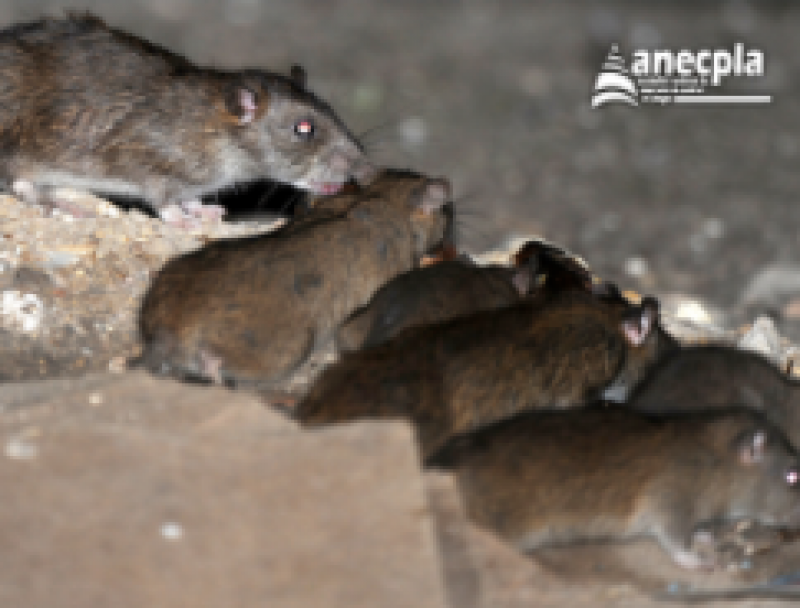Date Published: 22/11/2021
ARCHIVED - Black rats threaten to take over Spain
Health experts warn people not to leave food on public roads in Spain

Environmental health experts have launched an alert about the black rat (rattus rattus), whose population is booming throughout Spain. Seen mostly in cities, the pests pose a huge health risk due to the numerous diseases they carry, including leptospirosis, toxoplasmosis, Weil's disease, bubonic plague and hantavirus.
The National Association of Environmental Health Companies (Anecpla) has urged local governments to take immediate action to avoid the problem getting out of hand, with the first step being an awareness campaign encouraging people not to abandon food or waste on public roads, a contemptuous issue in itself throughout all of Spain.
The experts have warned that the black rat population has been expanding for a number of years. In Madrid, just a dozen outbreaks were registered in 2019; now, this figure has risen to 35.
According to Anecpla, the best tool at our disposal is prevention, and the ecologists have reminded citizens to avoid feeding birds and cats on public roads as the food naturally attracts the rat population.
Danger to animals
The black rat is not only a danger to humans but can lead to leptospirosis in dogs, a potentially lethal disease that can quickly reach epidemic proportions. Vets advise owners to vaccinate their canine pets and to ensure that dogs avoid stagnant water when out on walks, as it may already be contaminated.
What to look out for
The black rat is one of the most harmful invasive species in the world, according to the International Union for Conservation of Nature (IUCN), and Spain is now home to almost 20 million rats, four for every ten inhabitants.
Adult black rats weigh between 150 and 250 grams and can reach 22 centimetres in length, not counting their tails, which are hairless and covered with ring scales. Despite its name, the rat can also be gray.
Native to Asia, this pest is extremely agile and has an amazing ability to reproduce. In urban environments where food is plentiful, each female can produce six litters a year, giving birth to up to 18 pups at a time.
Image: Anecpla
Loading
Sign up for the Spanish News Today Editors Roundup Weekly Bulletin and get an email with all the week’s news straight to your inbox
Special offer: Subscribe now for 25% off (36.95 euros for 48 Bulletins)
OR
you can sign up to our FREE weekly roundup!
Read some of our recent bulletins:
Discount Special Offer subscription:
36.95€ for 48 Editor’s Weekly News Roundup bulletins!
Please CLICK THE BUTTON to subscribe.
(List price 3 months 12 Bulletins)
Read more stories from around Spain:
Contact Spanish News Today: Editorial 966 260 896 /
Office 968 018 268





























